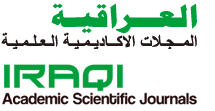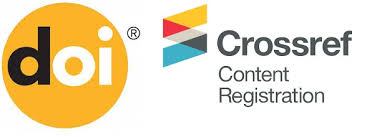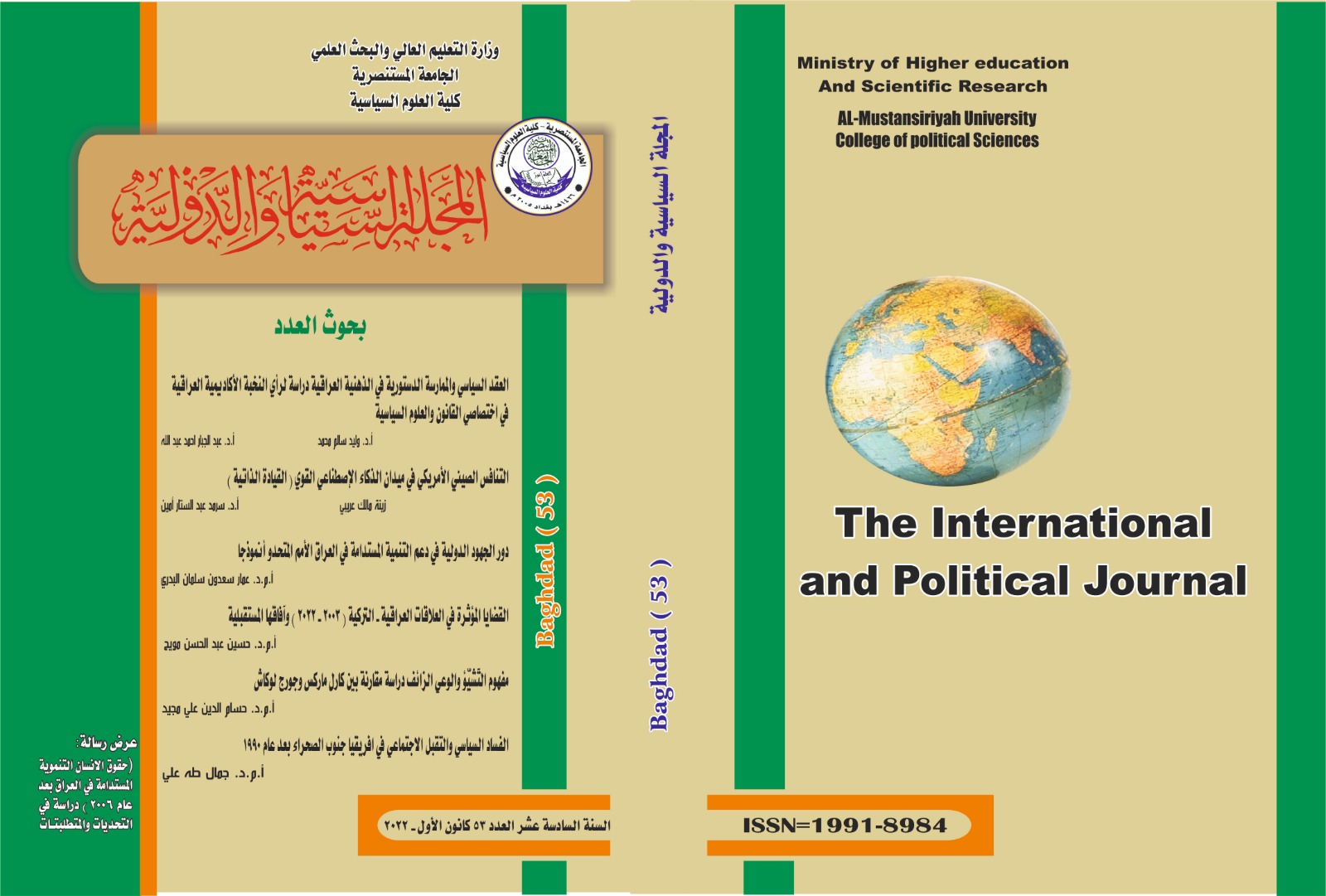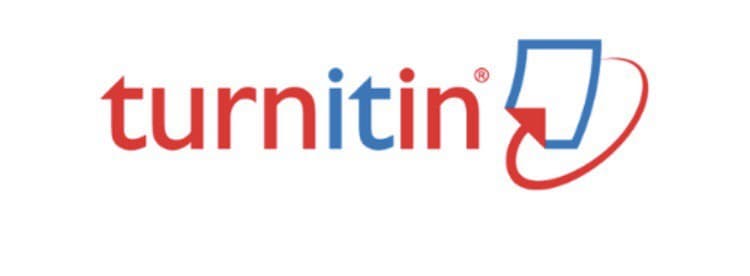The intellectual foundations of Iran's nuclear strategy and the US position on it
DOI:
https://doi.org/10.31272/ipj.i55.169Keywords:
Intellectual Foundations, Nuclear Program, , Iran, , America.Abstract
Iran seeks to have an influential regional position in the region that deviates from the regional status it occupies, by adopting a policy based on its own intellectual foundations. However, this policy faced great resistance from the United States of America and its allies in the region, especially the Gulf countries and Israel, because of the danger that the increase in Iran's power poses a serious threat to their national security. Therefore, the United States and its allies seek by various means to thwart the Iranian project, especially with regard to Iran’s attempt of developing a nuclear program which, according to the US and its allies, could help to produce nuclear weapons. Such weapons may threaten the countries of the region and the American vital interests in the region.
References
الميالي ، احمد عدنان. 2018. تداعيات العقوبات الامريكية ضد ايران على العراق وسبل المواجهة, المعهد العراقي حوار الفكر . المجلد العدد45. بغداد.
العوادي ، احمد محمد علي. 2019. "الامن الخليجي والأستراتيجية الأمريكية تجاه الملف النووي الايراني." مجلة النهرين (مركز النهرين للدراسات الأستراتيجية) (العدد8): ص 148-149.
اسماعيل ، اسراء احمد. 2015. الغطاء النووي"كيف يمكن احتواء التهديد النووي الايراني. 30 يوليو. https://futureuae.com .
الاسدي, عباس جاسم حسين. 2019. "تداعيات البرنامج النووي الايراني على منطقة الشرق الاوسط من وجهة نظر الاعلام." مجلة ابحاث العلوم السياسية, الجامعة المستنصرية (العدد5-6): ص727.
الانباري, احمد عبد الامير. 2015. "الرؤية الاسرائيلية للبرنامج النووي الايراني في ظل التقارب الايراني-الامريكي." مجلة العلوم السياسية, (كلية العلوم السياسية، جامعة بغداد) (العدد50): ص199.
الكناني, احمد عدنان كاظم. 2018. "مستقبل منطقة الشرق الاوسط في ظل العقوبات الامريكية على ايران وتداعياته السياسي." المعهد العراقي لحوار الفكر (العدد45 ): ص22-25.
ايفو دالدر ومجموعة باحثين. 2006. هلال الازمات الاستراتيجية الامريكية- الاوربية حيال الشرق الاوسط, ط1، ترجمة: حسان البستاني . بيروت: دار العربية للعلوم.
بيركوفيتش, جورج. 2007. البرنامج النووي الايراني بعد الانتخابات الرئاسية الايرانية عام 2005, ط1. ابو ظبي: مركز الامارات للدراسات والبحوث الاستراتيجية.
سيمبسون, جون. 2007. القدرات النووية الايرانية وامكانية تطوير اسلحة نووية, ط1. أبو ظبي: مركز الامارات للدراسات والبحوث الاستراتيجية.
عامر, عبدالله هاشم الهاشمي واياد حسين. 2007. التغييرات الدولية وراء غزو العراق , ط3. مركز العراق للدراسات.
عبدالعزيز, علاء عبد الوهاب; حميد, انس حسن. 2018. حدود الدور الايراني في منطقة الشرق الاوسط. المجلدات العدد 75,. بغداد: مركز الدراسات الاستراتيجية والدولية.
زهرة ، عطا محمد. 2015. البرنامج النووي الأيراني، ط1. بيروت: مركز الزيتونة للدراسات والأستشارات.
علاي, ستار جبار. 2009. البرنامج النووي الأيراني وتداعياته الأقليمية والدولية، ط1. بغداد: بيت الحكمة،.
حميد ، علي فارس,. 2018. العقوبات الامريكية على ايران (رؤية في فهم الشراكات والتوازن الاقليمي). المجلد العدد45. بغداد: المعهد العراقي حوار الفكر.
أسماعيل، محمد صادق. 2010. مجلس التعاون الخليجي في الميزان، ط1. القاهرة: دار العلوم للنشر والتوزيع.
المصادر باللغة الانكليزية :
Al-Mayali, Ahmed Adnan. 2018. tadaeiat aleuqubat alamrikiat dida ayran ealaa aleiraq wasubul almuajahati [The repercussions of US sanctions against Iran on Iraq and ways of confrontation], the Iraqi Institute for Thought Dialogue. Volume 45. Baghdad.
Al-Awadi, Ahmed Muhammad Ali. 2019. “Gulf Security and the US Strategy towards the Iranian Nuclear File.” Al-Nahrain Journal (Al-Nahrain Center for Strategic Studies) (Issue 8): pp. 148-149.
Ismail, Israa Ahmed. 2015. "Nuclear Cover: How to Contain the Iranian Nuclear Threat". 30 July. https://futureuae.com .
Al-Asadi, Abbas Jassem Hussein. 2019. “The Repercussions of the Iranian Nuclear Program on the Middle East Region from the Media Point of View.” Journal of Political Science Research, Al-Mustansiriya University (Issue 5-6): p. 727.
Al-Anbari, Ahmed Abdel-Amir. 2015. “alruwyat alasarayiyliat lilbarnamaj alnawawii alayrany fi zili altaqarub alayrani-alamriki [The Israeli Vision of the Iranian Nuclear Program in Light of the Iranian-American Rapprochement].” Political Science Journal, (College of Political Science, University of Baghdad) (Issue 50): p. 199.
Al-Kinani, Ahmed Adnan Kazem. 2018. “mustaqbal mintaqat alsharq alawisat fi zili aleuqubat alamarikiat ealaa ayran watadaeiatih alsiyasia. [The Future of the Middle East Region in Light of US Sanctions on Iran and Its Political Repercussions].” The Iraqi Institute for Thought Dialogue (Issue 45): pp. 22-25.
Ivo Daalder and a group of researchers. 2006. The Crescent of American-European Strategic Crises towards the Middle East, 1st edition, translated by: Hassan Bustani. Beirut: Arab House for Science.
Berkowitz, George. 2007. albarnamaj alnawawii alayrany baed alaintikhabat alriyasiat alayranyat eam 2005 [The Iranian nuclear program after the Iranian presidential elections in 2005], 1st edition. Abu Dhabi: Emirates Center for Strategic Studies and Research.
Simpson, John. 2007. alqudrat alnawawiat alayraniat wamakaniat tatwir asulhat nawawiatin [Iran's nuclear capabilities and the possibility of developing nuclear weapons], 1st edition. Abu Dhabi: Emirates Center for Strategic Studies and Research.
Amer, Abdullah Hashem Al-Hashemi and Iyad Hussein. 2007. altaghyirat alduwaliat wara' ghazw aleiraq [The International Changes Behind the Invasion of Iraq], 3rd Edition. Iraq Center for Studies.
Abdulaziz, Alaa Abdel-Wahhab; Hamid, Anas Hassan. 2018. The limits of the Iranian role in the Middle East. Volumes No. 75, Baghdad: Center for Strategic and International Studies.
Zahra, Atta Muhammad. 2015. albarnamaj alnawawiu al'ayrany [The Iranian Nuclear Program], 1st edition. Beirut: Al-Zaytouna Center for Studies and Consultations.
Ali, Sattar Jabbar. 2009. albarnamaj alnawawiu al'ayrany watadaeiatuh al'aqlimiat walduwaliatu [The Iranian Nuclear Program and its Regional and International Implications], 1st Edition. Baghdad: House of Wisdom.
Hamid, Ali Faris. 2018. US Sanctions on Iran (A Vision of Understanding Partnerships and Regional Balance). Volume 45. Baghdad: The Iraqi Institute for Thought Dialogue.
Ismail, Muhammad Sadiq. 2010. majlis altaeawun alkhalijii fi almizani [The Gulf Cooperation Council in Al-Mizan], 1st Edition. Cairo: Dar Al Uloom for publication and distribution.
Additional Files
Published
How to Cite
Issue
Section
License

This work is licensed under a Creative Commons Attribution 4.0 International License.
Journal Policies
All articles published in the International and Political Journal are licensed under a Creative Commons Attribution 4.0 International License. This means that the Authors can:
The journal allows reuse and remixing of content in accordance with a Creative Commons license.
Copy and redistribute the material in any medium or format.
Policy of publishing in The International and Political Journal
The journal is committed to the ethics of scientific publishing, and according to the publication ethics report of the journal.
The decision to publish is based on the value of the scientific research, to what extent it meets the conditions of publication approved, the declared policy of the journal, and its specialty.
It is based on the principles of the scientific honesty, and originality of research submitted for publication. It deals with the names of reviewers and their reports with great confidentiality.
The opinions published in the journal reflect the views of the authors, and not necessarily reflect the opinion of the editorial board.
The journal does not adhere to the publication of whatever comes to it. The time and place of publication are subject to technical considerations adopted in the editorial plan of the journal.
The journal does not abide to return the research papers to their owners whether accepted for publication or not.
The researcher is to be provided with the acceptance of publication within about 24 WEEKS. As for publication, the editorial board reserves its right in priority of publishing. The arrangement of the research papers in the same issue is subject to technical standards.
Diversify of publishing papers from solid universities and scientific centers from inside and outside Iraq is preferable.
The journal maintains hard copies and electronic archive of the published issues in addition to the publication of the research papers.
The journal also publishes the issues electronically through the website of the journal, and the official website of the Iraqi academic journals, and makes it possible to download. Thus, documenting the intellectual property of the research papers and publishing them internationally is achieved.
Terms of publication may be modified when necessary with no previous notice.
The researcher obtains a copy of his research paper. If he wishes to buy acopy of the journal, the volume costs ID 10000 from inside Iraq and $8from the outside.
The Editorial Board considers that the researcher who submits his research paper for publication in the journal has already read the terms and conditions of publication and agreed on them.
The journal publishes the research papers of the postgraduate students in special issues for this purpose.
Stages of editing and publishing:
The researcher undertakes that his research has never been published before, and has not been submitted for publication to other sides until the end of the evaluation procedures and the acceptance of publication in the journal.
The research papers submitted for publication are to subjected for preliminary examination by the editorial board to determine their suitability for the journal specialization, its policy and the safety of scientific research procedures, and then to indicate its eligibility for scientific evaluation. The editorial board may apologize for accepting the research all together or require the researcher to amend it in accordance with the journal policy before sending it to editors.
After conducting the scientific evaluation, the research paper returns back to the researcher to make the required amendments within a maximum of two weeks.
A copy of the final research paper is to be submitted to the secretariat of the journal a hard copy and a soft copy on a CD, in both Word and PDF format. The researcher is fully responsible for the typing and linguistic mistakes after submitting the full research paper on a CD.
Plagiarism checker
All research papers are subjected to Turnitin program to uncover plagiarism before being sent to scientific evaluation. The researcher undertakes a written pledge to take the legal and moral responsibility, in the event of the emergence of plagiarism or taking from the efforts of other researchers, without a reference to them. The journal uses appropriate anti-plagiarism software, such as Turnitin to check for plagiarism.
Dealing with Allegations of Research Misconduct
The Journal shall take reasonable and serious steps to identify and prevent the publication of papers where research misconduct has occurred, including plagiarism, citation manipulation, and data falsification/fabrication.
Scientific Evaluation:
Scientific evaluation strengthens the research paper submitted to the journal and helps to take the appropriate decision by the editorial board to publish it. It also benefits the researchers to improve and correct their research papers.
The research paper is sent to three evaluators in the same specialty to evaluate












